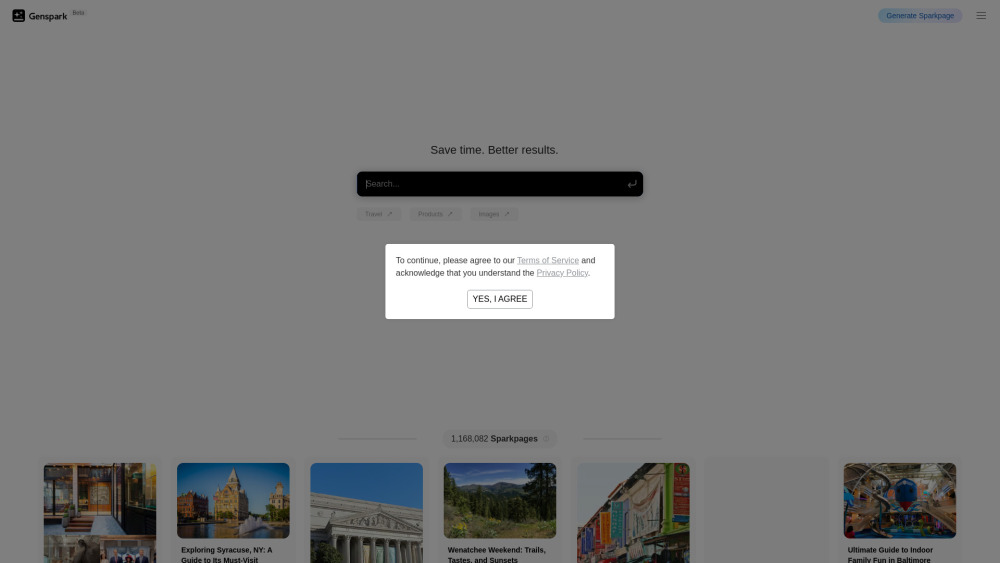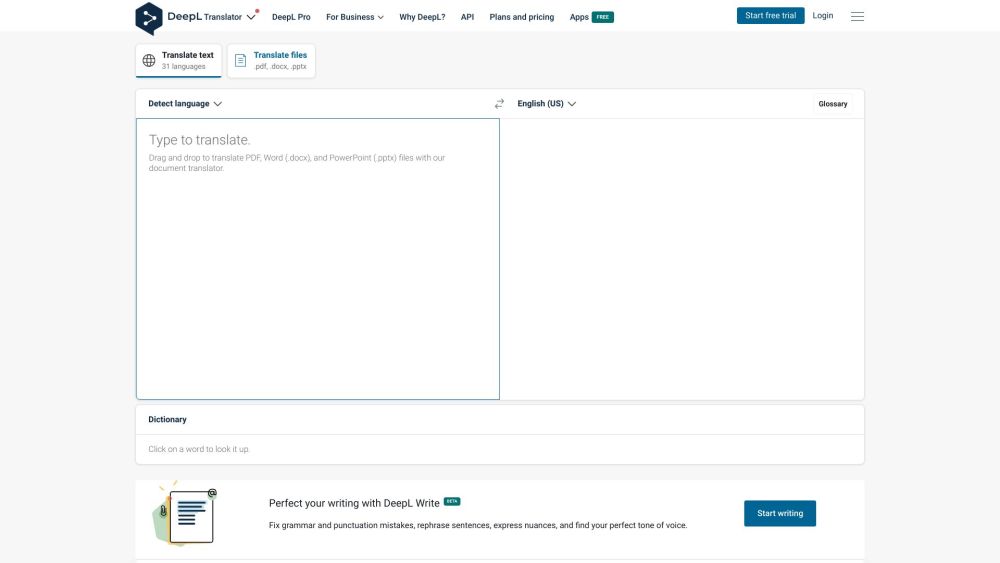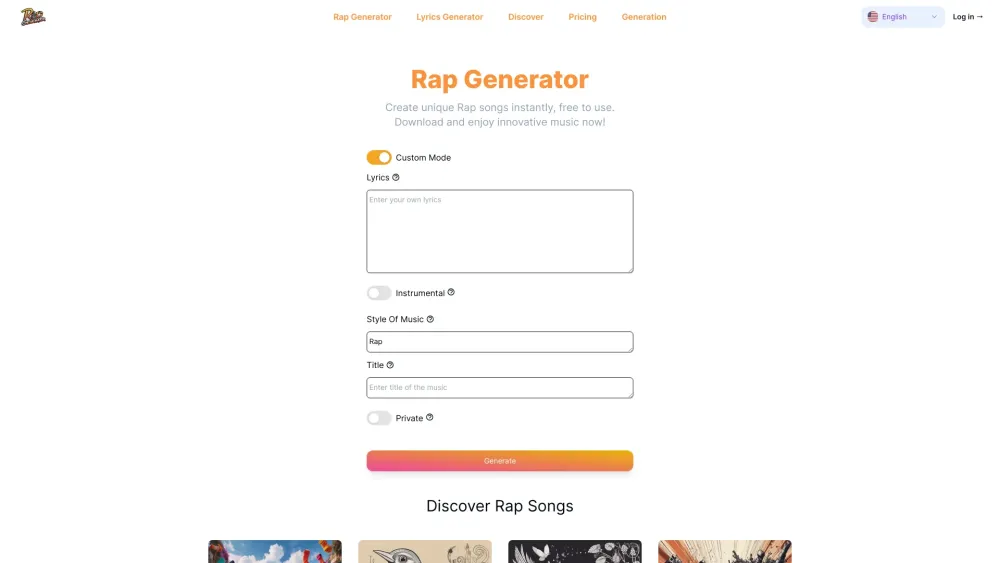Retrieval Augmented Generation (RAG) in Enterprise AI Workflows: Simplified Implementation with Ragie
Implementing Retrieval Augmented Generation (RAG) can be challenging for enterprises, but startup Ragie aims to streamline this process. Today marks the official launch of Ragie's RAG-as-a-Service platform, accompanied by a $5.5 million seed funding round led by Craft Ventures, Saga VC, Chapter One, and Valor. Ragie promises a user-friendly, efficient managed RAG platform that seamlessly connects enterprise data with generative AI large language models (LLMs), delivering up-to-date and relevant information.
Enhancing AI Agents with Ragie's Technology
Despite being a new player, Ragie's technology already powers the Glue AI chat platform, launched in May. Founders Bob Remeika and his team recognized a critical barrier in quickly assembling data pipelines while working on RAG applications for Glue. This insight spurred the creation of Ragie to address Glue's challenges.
"We experienced significant hurdles in data integration," said Remeika, Ragie's CEO.
At its core, Ragie functions as a data ingestion pipeline, enabling developers to seamlessly connect various data sources, such as Google Drive, Notion, and Confluence. The platform ingests and optimizes this data for vector retrieval and RAG applications.
Ragie offers a free plan for developers to test and create AI applications. Once ready for production, developers can deploy their applications for a flat fee of $500 per month, with custom enterprise pricing available for those exceeding 3,000 documents.
A Complete RAG Service Pipeline for Enterprises
Numerous vendors provide technology to support RAG, with all major database vendors offering vector data capabilities essential for generative AI. Companies like DataStax and Databricks provide optimized RAG stacks, but Ragie's approach stands apart.
Ragie’s promise lies in its managed service model, eliminating the need for organizations to piece together various components to establish a RAG pipeline. With Ragie, developers only need to connect through a programmatic interface to access a ready-to-use data pipeline for their RAG applications.
How Ragie Streamlines Enterprise RAG Deployments
The Ragie platform integrates crucial elements for enterprise applications:
1. Data Ingestion: Connects to various data sources (Google Drive, Notion, Confluence) to pull in necessary data.
2. Data Extraction: Goes beyond text retrieval by extracting context from images, charts, and tables for a comprehensive understanding of the content.
3. Chunking and Encoding: Breaks down ingested data into smaller segments and encodes them into vectors, stored in a vector database.
4. Indexing: Constructs various index types, including chunk, summary, and hybrid indexes, to ensure efficient data retrieval.
5. Retrieval and Re-ranking: When user queries arise, Ragie retrieves relevant data chunks and utilizes an LLM-based re-ranking system to enhance result relevance before presenting them to the user.
Remeika asserts that this multi-layered approach to data ingestion, processing, and retrieval distinguishes Ragie, mitigating the risk of hallucination in generated content.
The Importance of Semantic Chunking, Summary Indexes, and Re-ranking for Enterprise RAG
In enterprise AI, relevance and accuracy are paramount—core principles underpinning RAG. Ragie prioritizes innovation in the retrieval process to meet these goals.
"We emphasize retrieving the most relevant data chunks for generation, which requires creating multiple types of indexes," explained Mohammed Rafiq, Ragie's co-founder and CTO.
One key innovation is semantic chunking, which redefines how ingested data is segmented, moving beyond a fixed-size chunk approach. Ragie's indexing layers are designed for enhanced relevance: chunk indexes encode data chunks as vectors; summary indexes optimize results across various documents, ensuring diversity in responses.
The platform's hybrid indexes combine keyword-based and semantic vector-based retrieval, providing flexible options for searching and ranking the most relevant content.
Ultimately, Ragie's mission is to empower developers in building with RAG efficiently.
"What we deliver is a rapid development environment for engineers to build their AI applications," Remeika stated.




